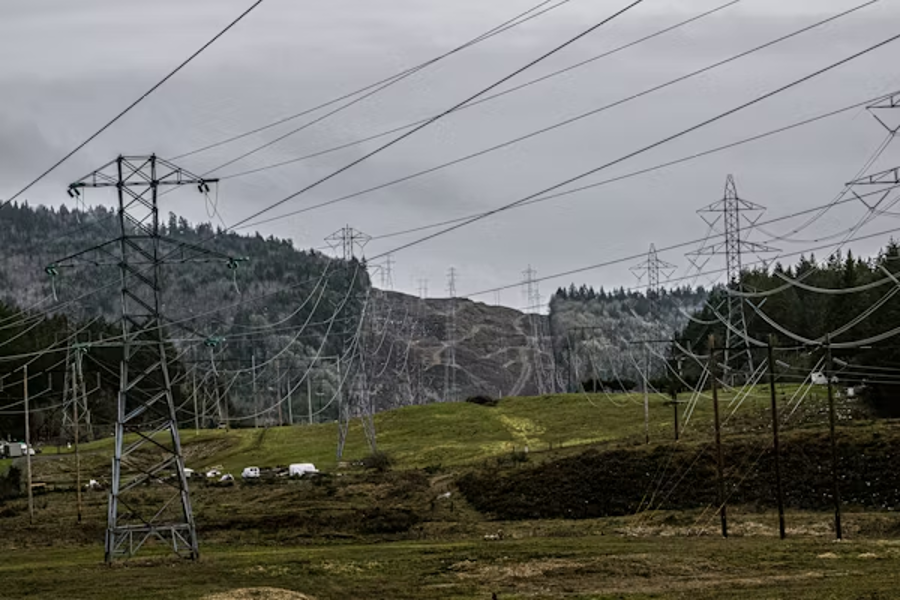Compare cheap rates on plans that provide green energy with term lengths tailored to fit your family’s electricity consumption needs. Simply enter your ZIP code in our marketplace to find the ideal solution!
Energy costs vary considerably by state, region and neighborhood. Enter your ZIP code below to view current electricity rates offered by competing energy service companies operating in deregulated markets.
When comparing electricity rates, it’s essential to keep contract terms and additional charges or benefits in mind when making comparisons. Customers should read through each option’s Electricity Facts Label (EFL) to make sure they fully comprehend them as well as ensuring it fits with their specific needs.
Fixed rate plans provide customers with peace of mind knowing their monthly bill won’t fluctuate depending on energy market prices and demand, making these contracts ideal for consumers looking to avoid sudden spikes in electricity costs during peak seasons.
As you search for an electricity provider, it’s essential that your customer goals and budget remain top of mind. A fixed-rate plan may offer the best value; however, keep in mind that its price could increase as you near its end date.
Make sure that you remember that fixed-rate plans usually require you to sign a contract, and canceling before its end might incur an early termination fee from your provider; this fee might be waived in cases of moving residence or business premises.
Deregulated energy markets make it possible to find great rates on fixed-rate plans and save money, and New Yorkers can use Choose Energy’s online marketplace to compare electricity rates in NYC. Once comparing rates, New Yorkers can also check to see if their community participates in an aggregation program with Energy Harbor or FirstEnergy Solutions and who their current supplier is. You may then contact that supplier if their rates don’t offer competitive alternatives – selecting an ESCO with lower costs is one of the key ways of lowering NYC electricity costs.
Finding the most cost-effective electricity rates depends on many different variables. First, assess your average monthly energy usage; this information can be found on past bills or using an online tool that estimates energy use. Next, compare price per kWh plans offered by various providers until finding one with an affordable plan that suits you; it is also essential to take note of contract terms, cancellation fees, and any perks or incentives they might provide.
An important consideration when selecting an electricity plan is your desired rate type. Fixed-rate plans offer stability and protection against energy rate hikes. However, these contracts typically come with an early termination fee (ETF) if canceled before their contract ends unless moving out of the provider’s service area.
Variable-rate plans allow you to take advantage of fluctuating energy prices. According to https://bestestrøm.no/, they typically feature higher rates during peak usage times but lower ones during off-peak periods – helping save both money and reduce energy usage simultaneously. Some of these plans even come equipped with a renewable energy option as an added perk!
If you’re interested in variable rate plans, be sure to read each provider’s Electricity Facts Label (EFL) carefully so you understand their pricing and contract terms. Many providers offer month-to-month terms for easy switching plans while some require year-long contracts.
As part of your research for alternative energy options such as solar or an EV charger, be sure to investigate special rates offered by utility companies for using such renewable energies during off-peak hours, to help alleviate strain on their electricity grid during peak usage times. Some utilities even offer discounted rates if these forms of green energy usage occur at certain times of day!

If you are unhappy with the way that your electricity provider manages rates, perhaps now is the time to switch. Before making your choice definitively known to other aspects of your budget. It is wise to thoroughly research all available options before making a definitive choice.
When selecting an electricity plan, most energy companies provide customers with various choices. Customers generally can select between fixed- and variable-rate plans as well as various contract lengths to find what meets their individual needs and risk tolerance – as well as current energy prices in their area. The ideal decision will ultimately depend on you.
One of the most appealing plans is a fixed-rate plan, which offers a guaranteed rate per kilowatt-hour over the duration of your contract. Fixed rates tend to be less costly than variable ones due to not fluctuating with wholesale electricity costs or market conditions.
Variable-rate plans, on the other hand, may fluctuate based on factors like weather or supply and demand – potentially leaving you with unexpectedly more costly bills than you anticipated or could afford.
An alternative option for fixed-rate plans is an indexed fixed-rate plan, sometimes known as time-of-use plans, that offers a fixed rate that changes according to closing prices of selected indices. While similar in function to variable rate plans, indexed plans offer some unique features not found with variable plans.
Once you’ve selected the ideal rate type for you, it is also worth comparing lengths of contracts offered by different electric providers. Careful consideration must also be given when signing contracts that may contain startup and cancellation charges if needed; should your circumstances change during this period it may require either waiting until its term has ended or paying an early termination fee before switching providers.

Energy costs can be one of the greatest expenses for businesses, making finding an energy supplier that best meets your business needs a top priority. To start saving money on energy bills, compare business rates from various providers in your area by entering your zip code to view local companies’ plans; narrow your search based on price, contract length, customer service or any other factor important to you.
Once you have your list of options, the next step should be selecting the optimal rate and plan for your business. Some business owners prefer fixed rates while others may prefer variable ones; most REPs provide both types of rates so there should be something that meets your needs.
Another factor you should take into account when choosing an energy provider is whether they prioritize renewable sources. This could be an ideal option for businesses that prioritize sustainability; some even provide 100% green power options!
As you shop business rates, be aware of additional charges added to your bill such as local transmission fee, delivery charge and contract charge (typically known as levies). When searching for the most cost-effective business electricity rates, always double-check these fees before signing a contract.
Before selecting an electricity supplier, it is also crucial that you understand your electricity consumption habits. Most local utility companies employ tiered rate structures; therefore, your per-kWh rate will increase if your consumption is above average. You can find out the average consumption by looking at your business electricity bill or using free online tools such as ComparePower.
Once you’ve identified the optimal business electricity rates, it’s time to switch providers. Your current provider should notify you when it is time for your contract to end, giving you plenty of time to conduct research and compare offers in order to save money by switching. You might just find cheaper business electricity rates by switching!




